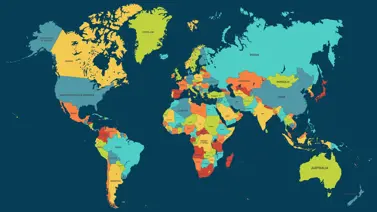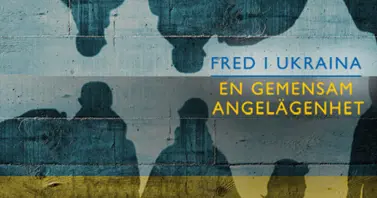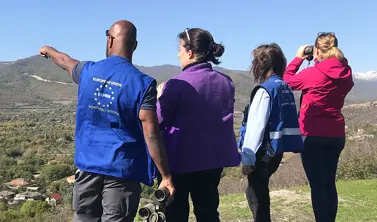Peace agreements and the political integration of armed groups
How and why does the content of the peace agreement matter for whether or not non-state armed groups become political parties? The research findings presented in this brief highlight several important implications for policy and practice concerned with supporting the political reintegration of armed groups through civil war peace processes. Three things in particular are worth highlighting.
First, more than one-third of all non-state armed signatories in past decades have transformed into political parties. More than one-third of all non-state armed signatories in past decades have transformed into political parties. Second, the research presented in this brief confirms that the content of peace agreements matters. The findings show that former armed groups that become political parties are more likely than other groups to sign peace agreements containing a range of different provisions that together hold the potential to support the group’s political integration in the post-war period. Third, the data show that the overwhelming majority of peace agreements have included third-party involvement in the form of mediators or signatories to the agreements.
This research brief series has been initiated through a collaboration between the Politics After War (PAW) research network, the Folke Bernadotte Academy (FBA), and the United Nations Depart¬ment of Peace Operations, Office of Rule of Law and Security Institutions: DDR Section (UNDPO/OROLSI/DDR) with the aim to provide research perspectives and scientific evidence on the inter¬section of DDR and politics with a particular em¬phasis on the transformative dynamics of armed groups and combatants.
Other publications in the series
The Political Dynamics of DDR Key Research Findings
Political Integration and Post-war Elections
Political Engagement by Former Armed Groups Outside Party Politics
DDR and Post-War Politics: Lessons from Northern Ireland
Rebel Party Organization and Durable Peace after Civil Conflict
Women and Rebel to Party Transitions
Ideological Moderation in Armed Groups Turned Political Parties
Former Armed Groups in power and Post-war Youth Policies









 >
> >
>

